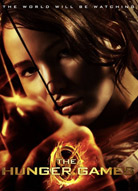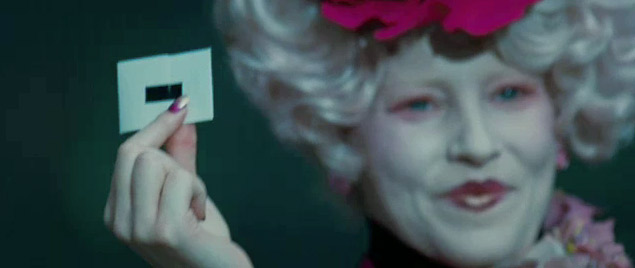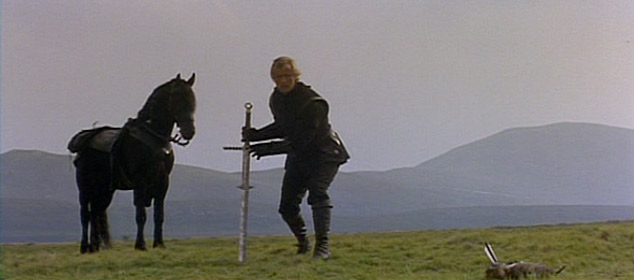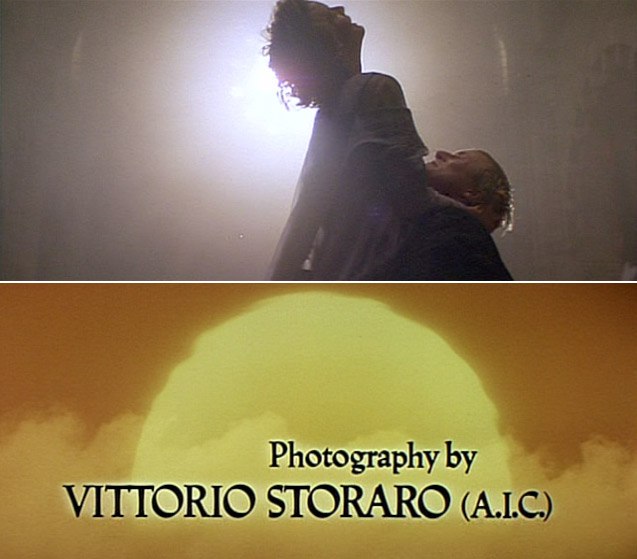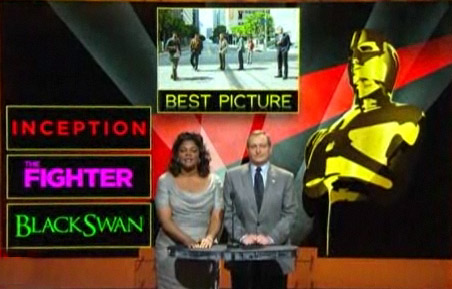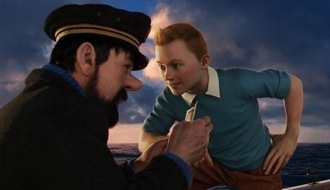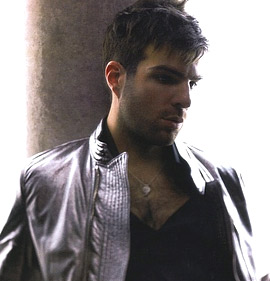Superheroes & Oscar. 7 Lessons We've Learned
 Thursday, May 17, 2012 at 10:32PM
Thursday, May 17, 2012 at 10:32PM Last week while reading about The Last of the Mohicans (1992), an astonishing 20 years old now, my mind lept back to early 1993. Even in the pre-internet fueled days of Oscar watching, when we obsessives were fewer in number -- or at least disconnected from each other -- you knew that it was bizarre that such a super, handsome, well acted period epic that made a new Oscar winner (Daniel Day-Lewis) into a much bigger mainstream star would receive only one Oscar nomination (Best Sound). The Last of the Mohicans Oscar performance was shameful but then 1992 was something of a hot mess over at AMPAS largely due to their need to honor Scent of a Woman (wtf?) and the scandal that drowned out the brilliance of Woody Allen's Husbands and Wives.
But let's not get distracted from the main point. That happens when we get stuck in retro Oscar loops.
 Past Iron Man films have won Visual Effects and/or Sound Editing nods. Will The Avengers follow suit?
Past Iron Man films have won Visual Effects and/or Sound Editing nods. Will The Avengers follow suit?
The sound categories generally come up with shortlists that are not unlike every other category's finalists; a mix of "Most = Best", "Best Picture = Best" and a random genuinely discerning one-off (or two) of the "wow I'm happy they noticed" variety. See, for example, last season's Drive nomination which was its sole bid.
So while I was thinking about Sound Mixing and Editing and the Oscars I chanced upon this FYC ad*, via Devour and SoundWorks for The Avengers. I haven't embedded it here because it's one of those videos that starts immediately without you pressing play (hate those!) but it's worth a watch if you click over..... Oscar trivia follows!
 FYC,
FYC,  Makeup and Hair,
Makeup and Hair,  Oscar Trivia,
Oscar Trivia,  Oscars (12),
Oscars (12),  Sound,
Sound,  The Avengers,
The Avengers,  Visual FX,
Visual FX,  superheroes
superheroes 


